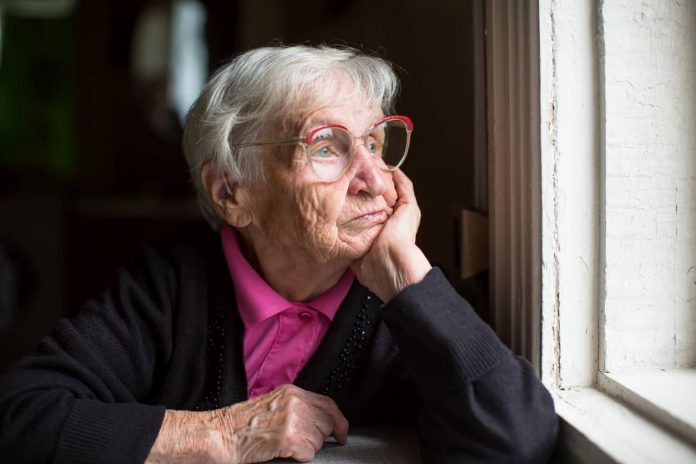by Jamie Ducharme, Time Magazine, March 4, 2019
https://time.com/5541166/loneliness-old-age/
The latest National Poll on Healthy Aging finds that about a third of seniors are lonely.
“Research shows that chronic loneliness can impact older adults’ memory, physical well-being, mental health, and life expectancy,” write the authors of the new report. “In fact, some research suggests that chronic loneliness may shorten life expectancy even more than being overweight or sedentary, and just as much as smoking.”
In the study sponsored by the AARP, researchers from the University of Michigan surveyed a group of about 2,000 Americans ages 50 to 80. More than a third of seniors in the poll said they felt a lack of companionship at least some of the time, and 27% said they sometimes or often felt isolated; most of the people who said they lacked companionship also felt isolated, and vice versa. Almost 30% said they socialized with friends, family or neighbors once a week or less.
It’s important to address each person’s underlying cause of loneliness, whether it’s the death of a spouse, medical problems that make it difficult to socialize or leave the home or unmet social expectations. Resolving the problem of loneliness among seniors often isn’t as simple as getting them together with others or moving them in with their children. While finding solutions for loneliness is highly personal, research suggests the best interventions are those that involve meaningful social contact — whether that’s volunteering, seeing an old friend or something else — at least on a weekly basis.
This article provides a slight counter-argument to spontaneous intergenerational interaction. The moments that could actually provide a reduction in feelings of loneliness are when kids and older adults have meaningful interactions that are highly personal. This is relevant to my project because I to reap these positive health benefits for seniors but hope do it in a way that doesn’t require facilitation by staff or teachers.
The article does support the research I have done at Champion Intergenerational Center. As I conduct semi-structured interviews with the older adults, they often comment how coming to Champion “gets them out of the house” or “gives them some social activity.” There are a few clients who come solely for these reasons.




